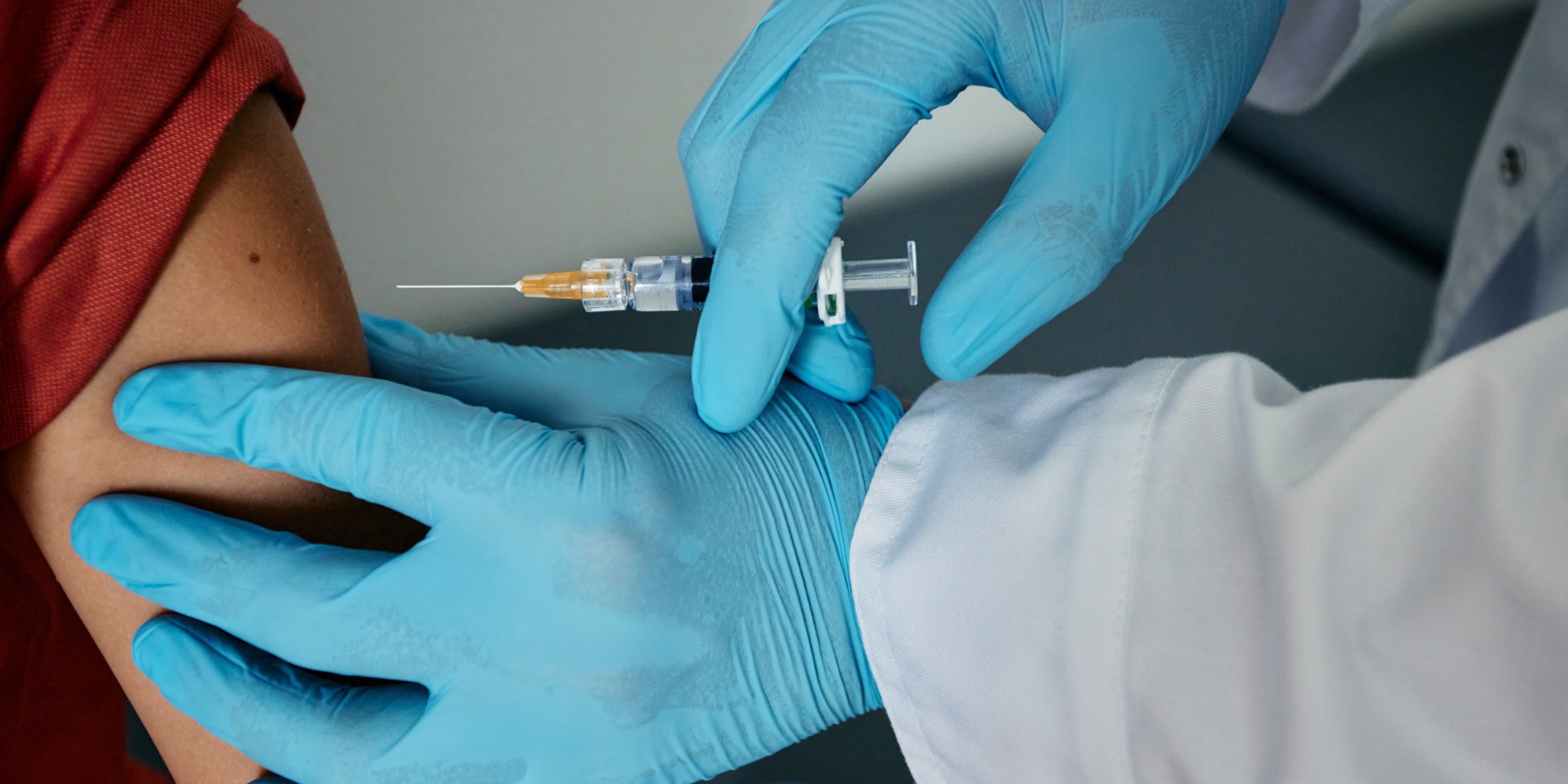Europe 1 with AFP // Photo credit: PEAKSTOCK / SCIENCE PHOTO LIBRAR / LDA / Science Photo Library via AFP 17:47 p.m., October 02, 2023
On Monday, the World Health Organization approved the use of the "R21/Matrix-M" vaccine for children, which would be safe and effective against malaria. A second vaccine already authorized in several African countries such as Ghana or Nigeria. Good news when we know that this disease has claimed more than 600,000 victims in 2021.The World Health Organization (WHO) on Monday gave the green light to the use of a second vaccine for children against malaria, a disease that kills hundreds of thousands of people a year. "As a malaria researcher, I dreamed of the day when we would have a safe and effective malaria vaccine. Now we have two," Dr Tedros Adhanom Ghebreyesus told a news conference. "I am very pleased to announce that WHO is recommending a second vaccine called R21/Matrix-M to prevent malaria in children at risk of contracting the disease," he said.
An "essential tool to protect more children"
WHO also presented new recommendations for dengue and meningitis vaccines, as well as a simplification of recommendations for Covid vaccination. The R21/Matrix-M malaria vaccine is manufactured by the Serum Institute of India. Its use has already been authorized in Ghana, Nigeria and Burkina Faso. In 2021, another vaccine, "RTS,S", produced by British pharmaceutical giant GSK, became the first vaccine to be recommended by WHO to prevent malaria in children in areas with moderate to high malaria transmission.
>> READ ALSO - Covid-19: faced with the epidemic recovery, start of a new vaccination campaign
Dr Tedros pointed out that "demand for the RTS,S vaccine far exceeds supply". The R21/Matrix-M vaccine is therefore "an essential additional tool to protect more children and faster", in order to "bring us closer to our vision of a malaria-free future." Both vaccines have similar efficacy rates around 75% when administered under the same conditions. A dose of R21/Matrix-M costs between 2 and 4 USA (1.90 to 3.81 euros) said Dr. Tedros.
A mosquito-borne disease known since ancient times
Pilot programmes to introduce "RTS,S" in three African countries – Ghana, Kenya and Malawi – have enabled more than 1.7 million children to receive at least one dose of vaccine since 2019. The implementation of this vaccination in these three countries has led to a substantial reduction in severe and fatal forms of malaria and a decrease in child mortality.
When administered on a large scale, this vaccine could save tens of thousands of lives each year, according to the WHO. Last July, WHO, Gavi and UNICEF jointly announced that 18 million doses of this malaria vaccine will be allocated to 12 African countries in 2023-2025.
>> READ ALSO - Malaria already struck in Europe 2,000 years ago
Caused by a parasite transmitted by mosquitoes, malaria remains a formidable scourge, especially for African children, due in particular to growing resistance to treatment. A very old disease, reported since antiquity, malaria or malaria (another name for the disease) caused the death of 2021,619 people worldwide in 000, according to the latest figures from the WHO. It is caused by a tiny parasite of the genus Plasmodium, transmitted by mosquito bites, which causes fever, headache and chills until it becomes a serious or even fatal condition if left untreated.
Nearly half of the world's population lives in an area at risk and can contract malaria. The vast majority of cases and deaths occur in Africa.

